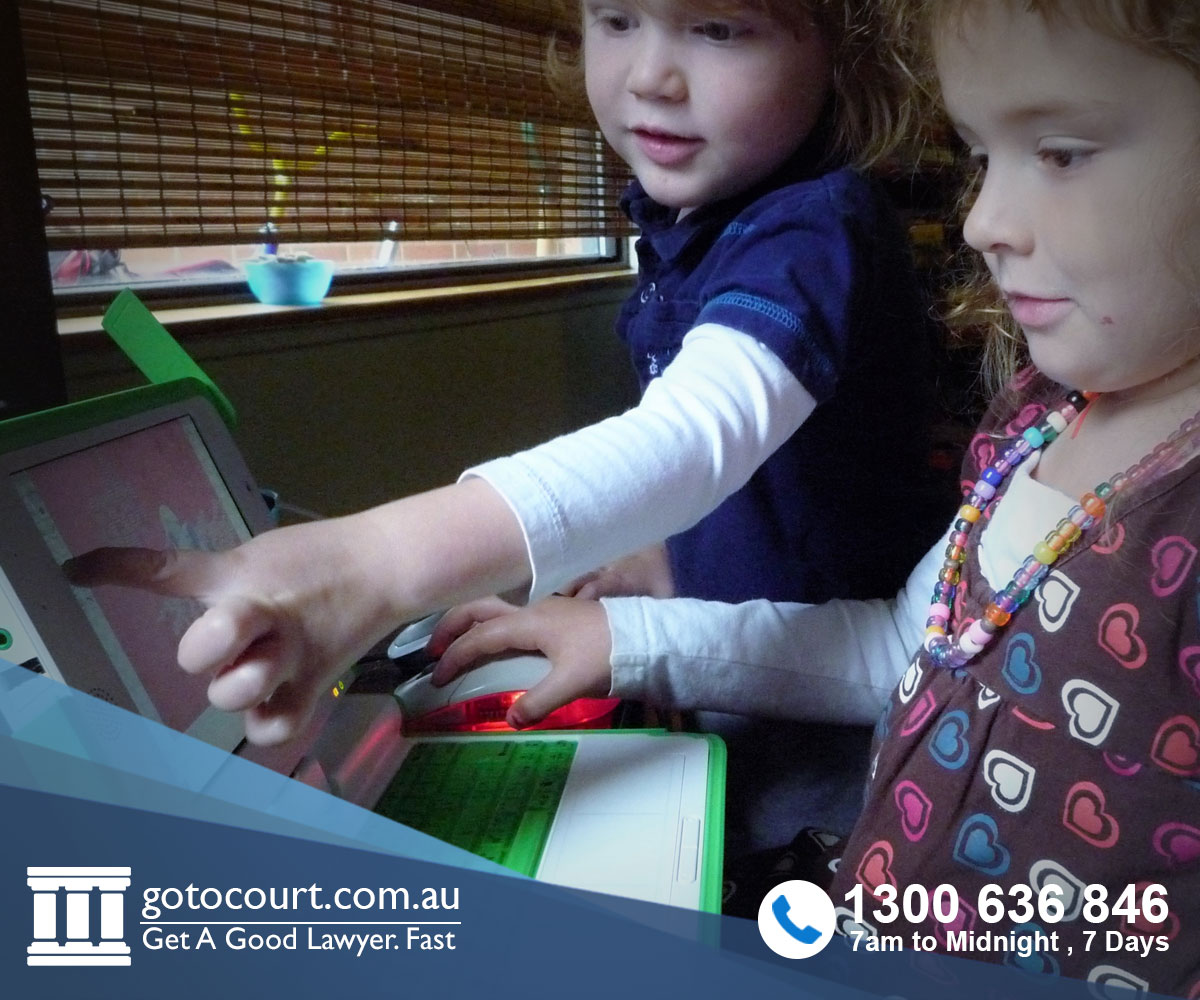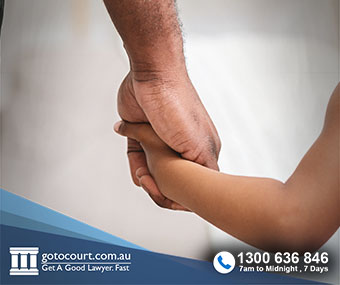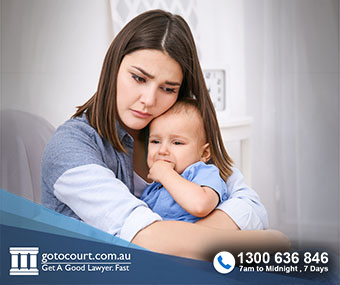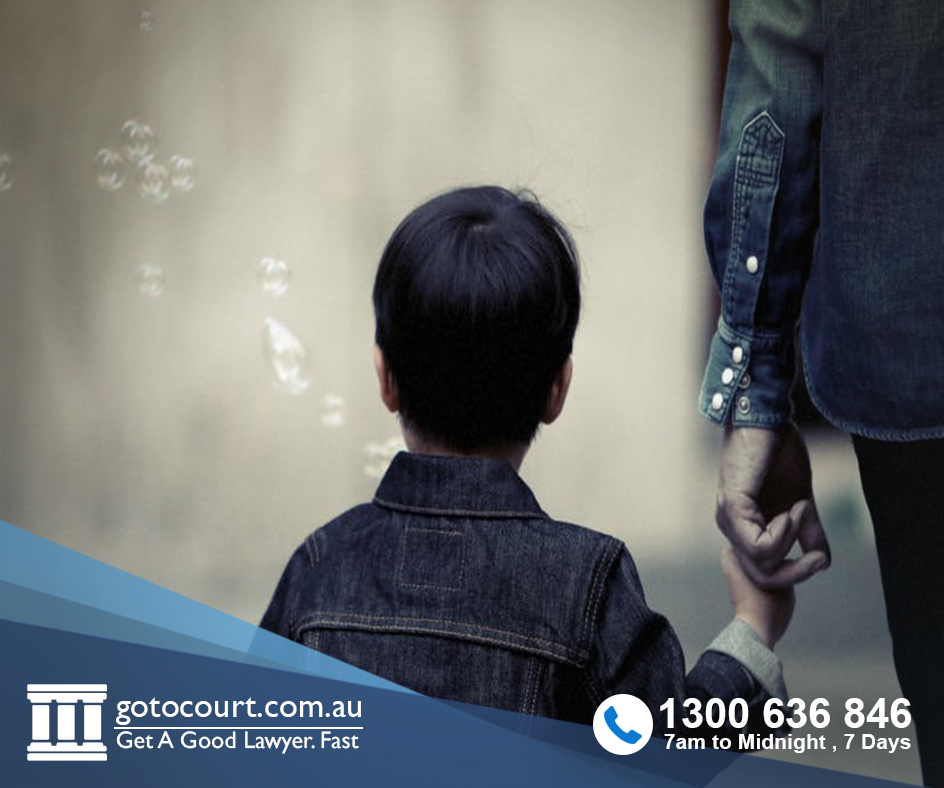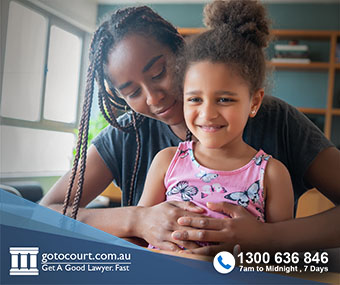Call our lawyers
now
or,
have our lawyers
call you
Best Interests of the Child
Updated on Feb 13, 2024 • 3 min read • 1241 views • Copy Link
Best Interests of the Child
Under the Family Law Act 1975, when a court is making or changing parenting orders, its most important consideration must be the best interests of the child. The factors to be considered when determining what is in the best interests of the child are set out in section 60CC of the Act. This page deals with the best interests of the child in parenting matters.
Changes to the law in 2024
On 6 May 2024, some significant changes to the Family Law Act 1975 will come into effect. One of these is that there will be changes to the list of factors to be considered when assessing the best interests of the child.
Prior to May 2024, there was a total of 12 factors to be considered when determining a child’s best interests. Under the changes, this list has been condensed and simplified.
Under the new provision, there will be six factors to be considered when determining a child’s best interests. A further two factors will need to be considered in cases where the child is Aboriginal or Torres Strait Islander.
Assessing what is in the best interests of a child
Under section 60CC of the Act, the court must consider the following factors when assessing what is in the best interests of a child:
- What arrangements would promote the safety of the child and of any person who has the care of the child
- Any views expressed by the child
- The developmental, social, cultural and psychological needs of the child
- The capacity of each person who is proposed to have parental responsibility for the child to provide for the child’s needs
- The benefit to the child of having a relation with their parents and other significant person when it is safe for them to do so
- Anything else that is relevant to the particular circumstances of the child.
The above factors are to be considered alongside any history of family violence, abuse or neglect volving the child or a person caring for the child. Any family violence orders that apply must also be considered.
Assessing what is in the best interests of an Indigenous child
When the court is considering making orders in respect of a child who is Aboriginal or Torres Strait Islander, the following two considerations also apply.
- The child’s right to enjoy their culture, by having the support, opportunity and encouragement to maintain their connection with family, language and country, and to explore and develop an appreciation of that culture; and
- The likely impact of any orders on that right.
When must the child’s best interests be considered?
Under section 60CA of the Family Law Act 1975, the best interests of the child are to be the paramount consideration of the court when making a parenting order.
This means that the court must be primarily concerned with the best interests of the child when deciding:
- who should have parental responsibility
- who the child should live with
- who the child should spend time with
- any other matters specified in the order.
Convention on the Rights of the Child
Australia ratified the Convention on the Rights of the Child (CROC) in 1990. The CROC sets out the rights of the child, including the right to survival and development and the right to freely express their views on matters affecting them.
The Family Law Act 1975 was amended in 1995 to specifically include the term ‘best interests’ in relation to children. This was done to give effect to the CROC under Australian law.
If you require legal advice or representation in any legal matter, please contact Go To Court Lawyers.


Affordable Lawyers
Our Go To Court Lawyers will assist you in all areas of law. We specialise in providing legal advice urgently – at the time when you need it most. If you need a lawyer right now, today, we can help you – no matter where you are in Australia.How It Works








1. You speak directly to a lawyer
When you call the Go To Court Legal Hotline, you will be connected directly to a lawyer, every time.


2. Get your legal situation assessed
We determine the best way forward in your legal matter, free of charge. If you want to go ahead and book a face-to-face appointment, we will connect you with a specialist in your local area.


3. We arrange everything as needed
If you want to go ahead and book a fact-to-face appointment, we will connect you with a specialist in your local area no matter where you are and even at very short notice.






